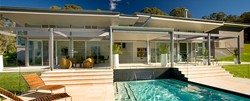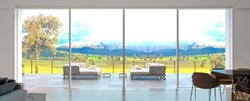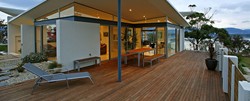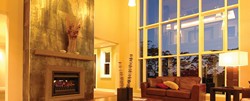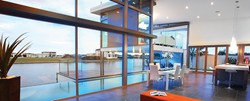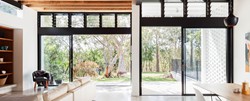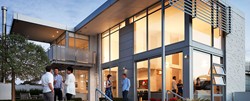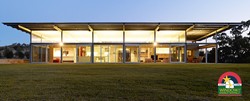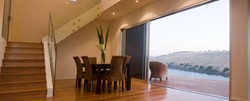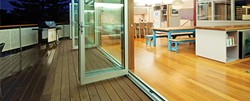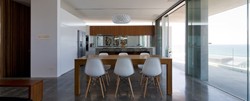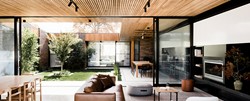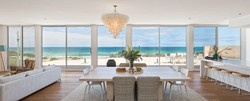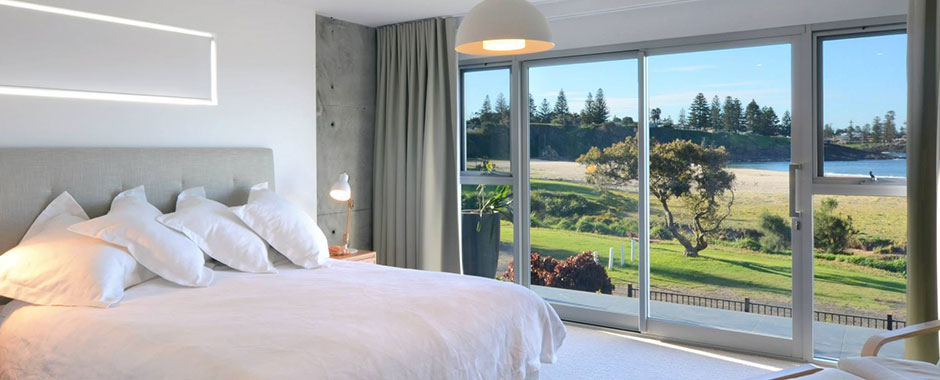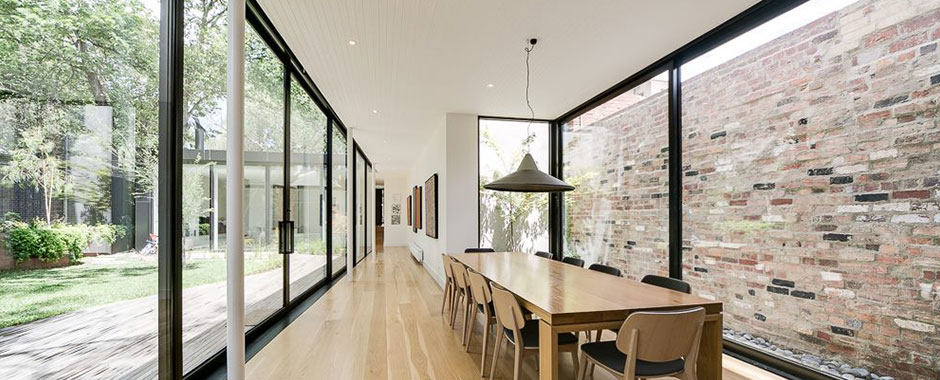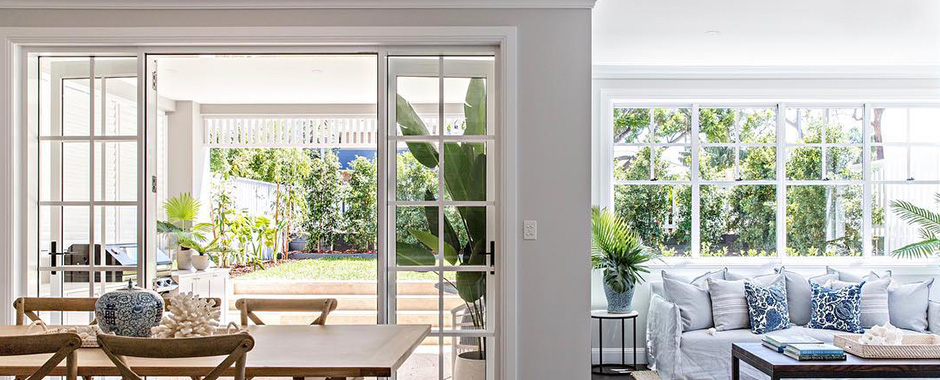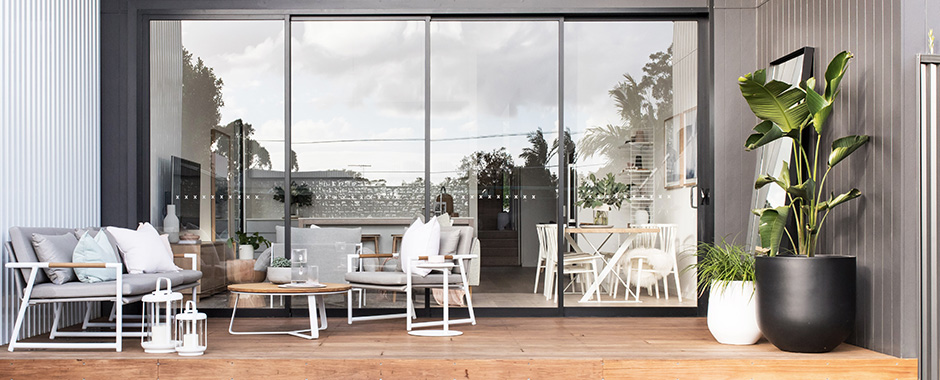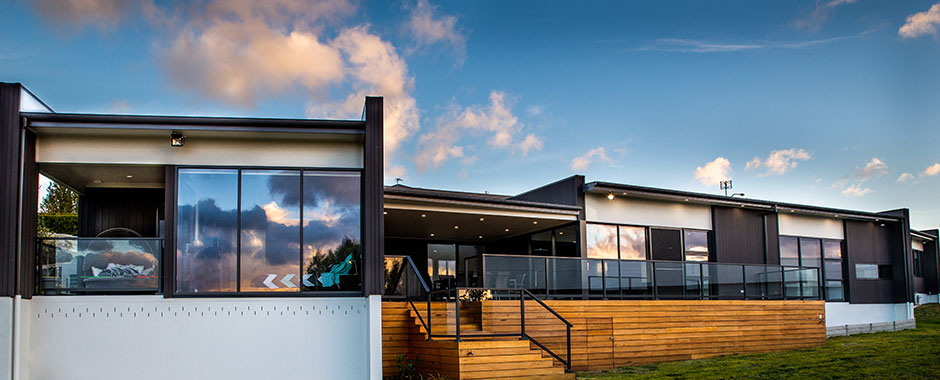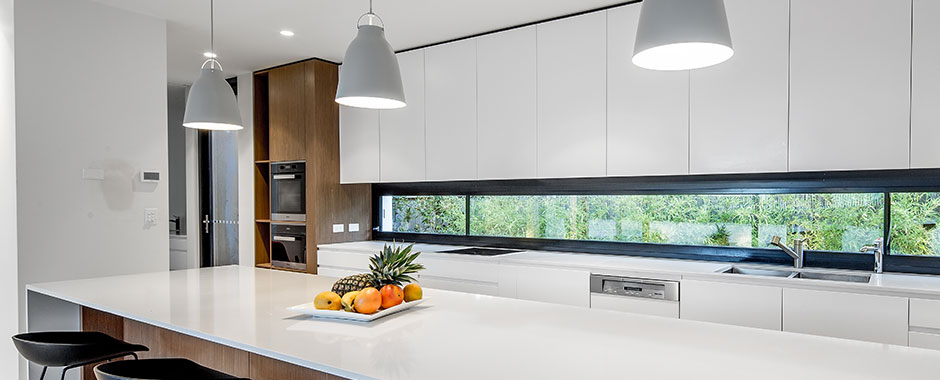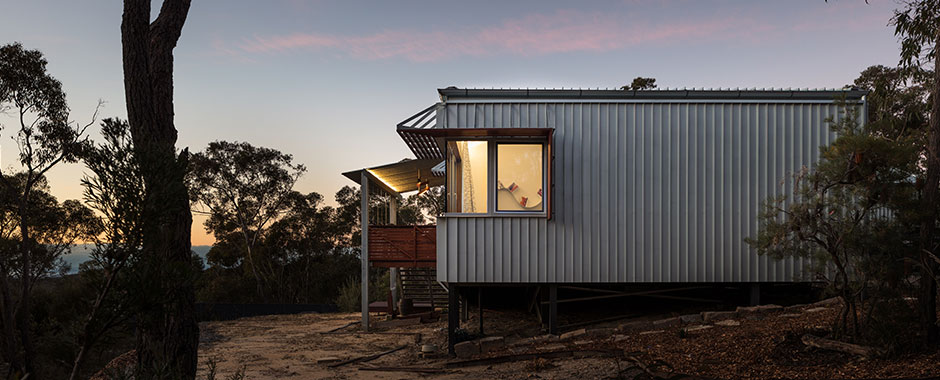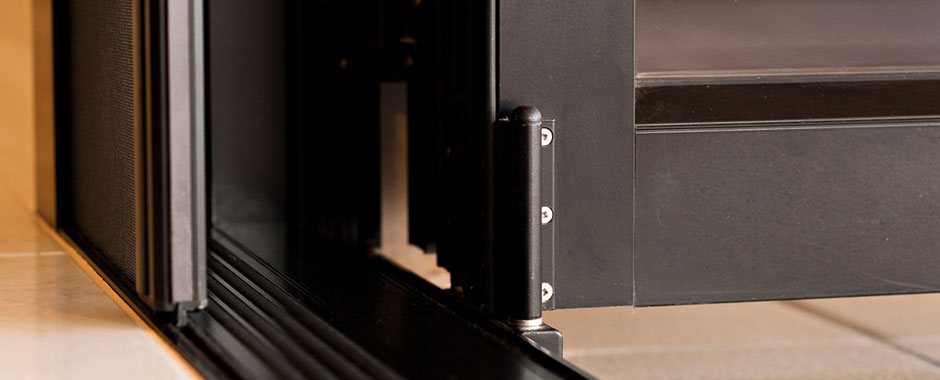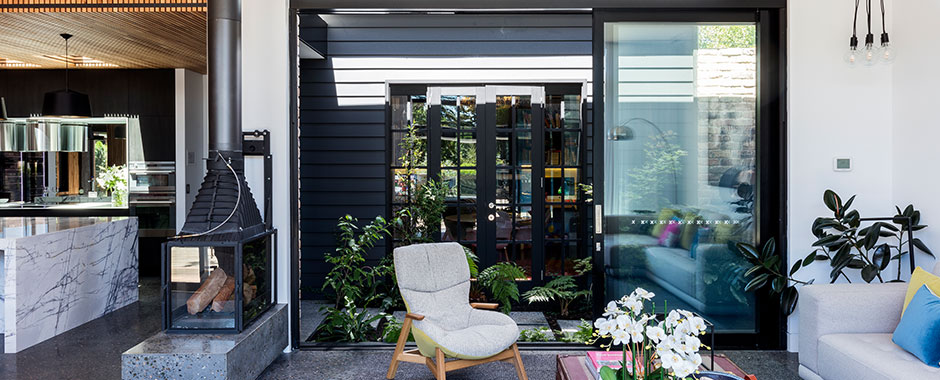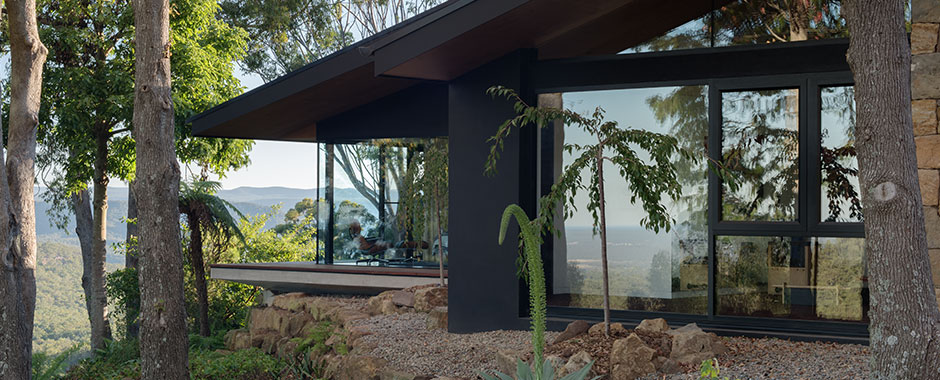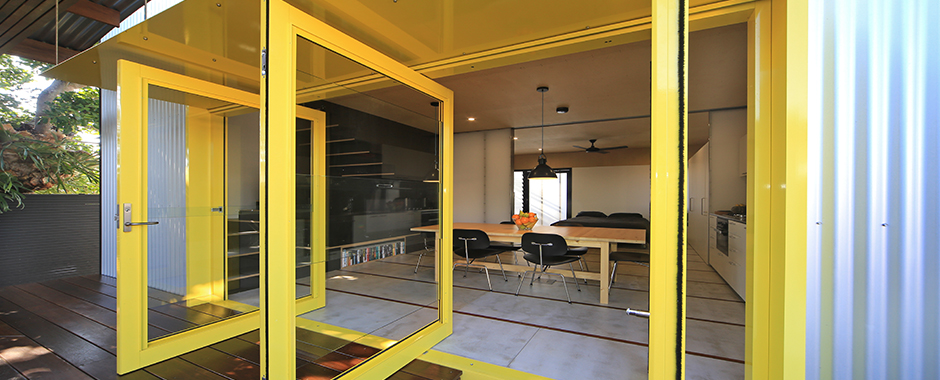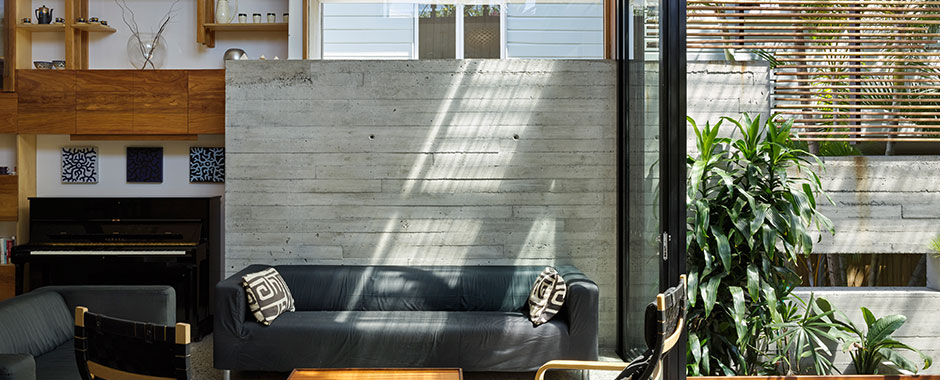Windows are an essential part of the building envelope, providing natural light, connecting us with the outdoor environment as well as allowing fresh air into interior spaces. The appropriate selection of glass can further improve human well-being, addressing aspects like glare, thermal comfort, acoustics and security.
It is important to note that meeting regulatory compliance does not guarantee comfort for occupants unless product selection is based on understanding the properties and performance of glass as they exist as part of a complete window system.
Thermal considerations
The orientation of windows and the location of the property plays a large role in the selection process of glass.
In hot climates, it is important to reduce the heat gain that will occur through the windows. This can largely be achieved by selecting glass with a low SHGC value, like tinted glass, which absorbs heat due to its darker colour. Tinted glass will also reduce the amount of daylight passing through the glass and can be very useful when dealing with glare issues, particularly on east- and west-facing building façades.
In cold climates, where energy is mainly used for heating, it is important to minimise heat loss.
The U-Value of glass is the number indicative of a product’s insulating properties.
Unlike a R-Value (known from building insulation), the lower the U-Value the better the glass it will insulate. Keep in mind that when assessing the thermal performance of a window it is the combined U-value for the brane and the glass that should be used otherwise known as the WERS Uw or whole windows Value
Low-E coated products reflect the heat back to its source, improving the overall thermal performance of the glass.
Multiple layers (double glazing) will significantly reduce the energy required to maintain interiors at a comfortable temperature.
Some important glass considerations for different orientations and climates:
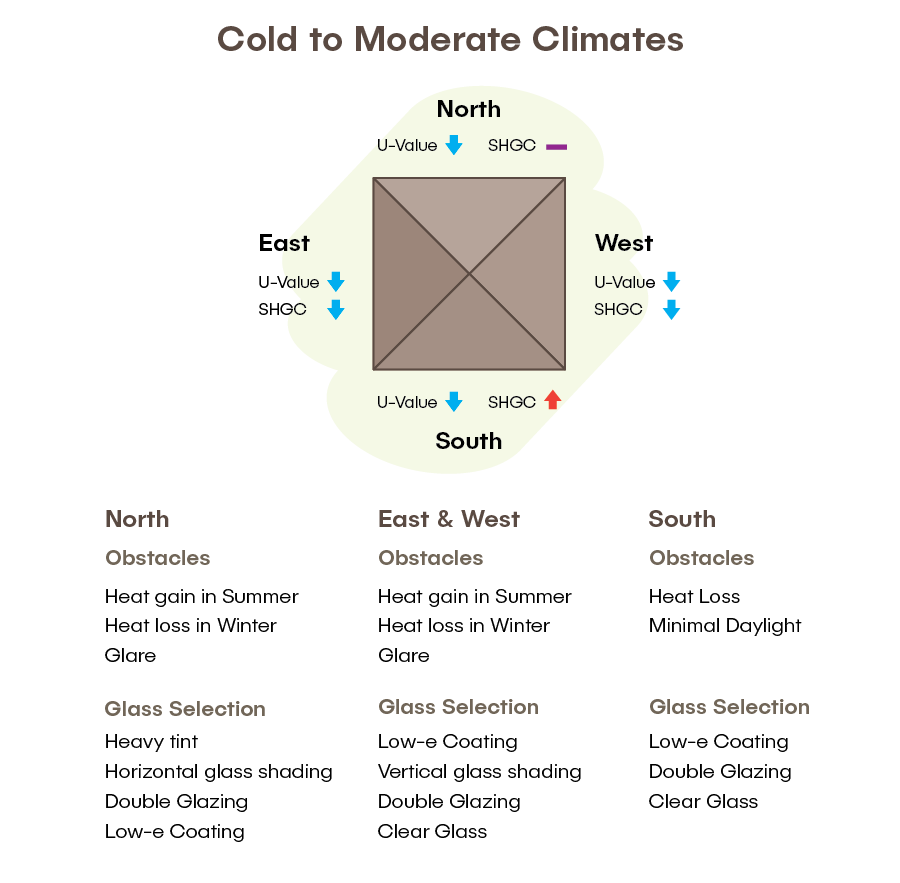
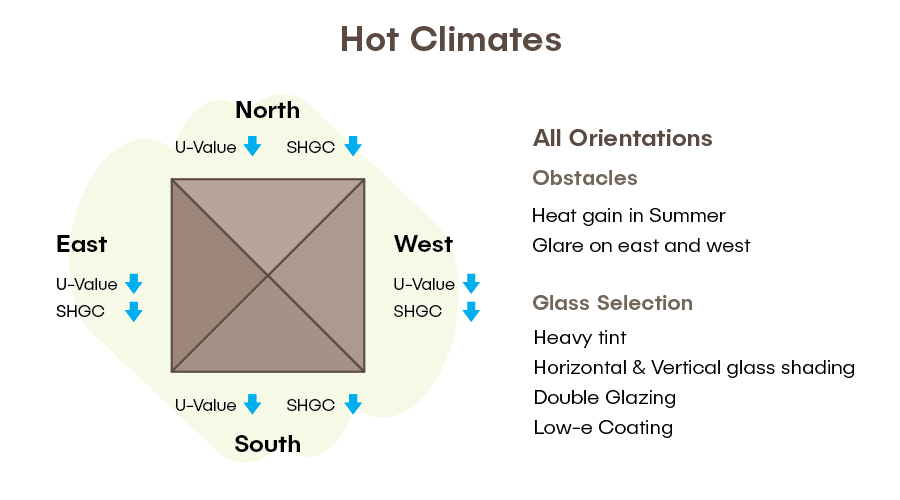
Acoustic performance in glass
The careful selection of glass for your project may help to reduce the effect of exterior noise on your living space. Keep these important points in mind when selecting glass to minimise noise:
- Thickness of glass - Reduction in sound transfer can be achieved by increasing the thickness of glass.
- Laminated products - Laminated glass can contribute to dampening high frequency noise levels.
- Increased air gap within double glazed units - A Larger air gap within a double-glazed unit will interrupt sound transmission.
- Various thicknesses of glazing - To maximise the acoustic performance of double glazing the two sheets of glass within a double-glazed unit should not be of the same thickness.
- Acoustic interlayers in laminated products - Most glass suppliers offer laminated glass product which includes special acoustic interlayers which do a great job of minimising external noise entering your home or building product ask about specialised laminated acoustic glass for your project.
Safety and security
To reduce the risk of injuries from glass in the built environment it is important that glass selection complies with the requirements of AS1288 and the National Construction Code. Duty of care applies to all professionals involved in the specification process to ensure products selected are fit for purpose and will perform to the best possible standard. The glass industry has developed a range of laminated and toughened glass products to ensure that glass can be specified safely in all applications.
